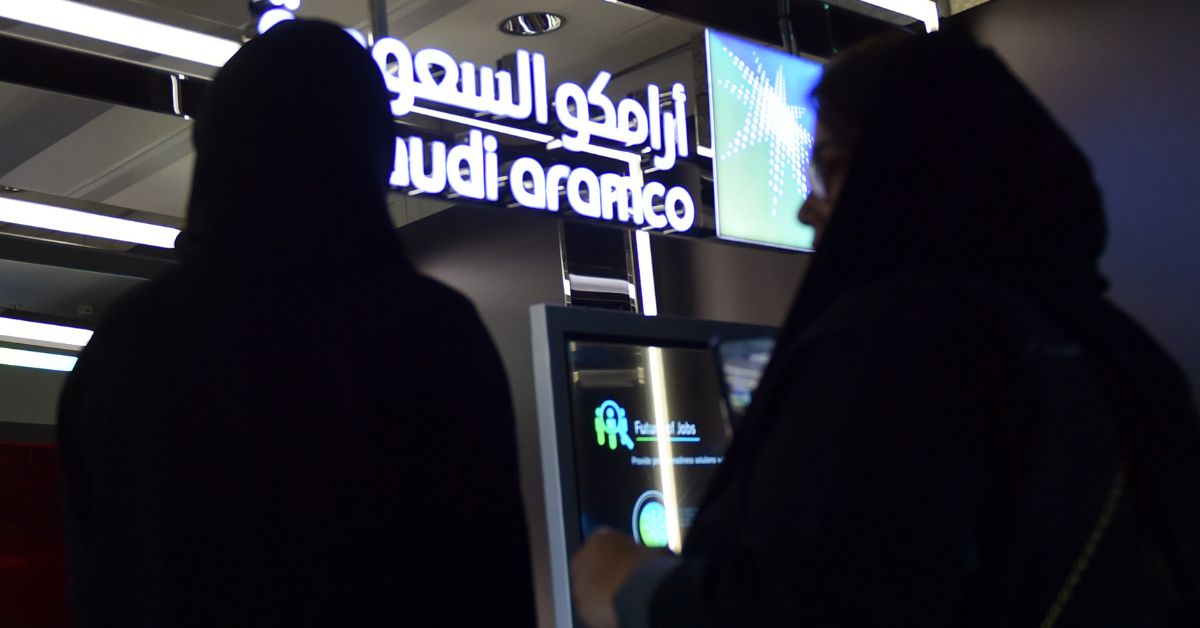Tehran, Iran – The inclusion of Saudi Arabia, the UAE, and Iran, will significantly increase BRICS’ weight in the oil market, as per calculations based on 2022 OPEC data, reported by InfoTech news outlet on Thursday.
Together with the existing participants, Russia and Brazil, these countries jointly command 39% of the global oil exports, which amounts to 17.1 million barrels per day (bpd). With the addition of new members, the 11 nations within the BRICS coalition will be responsible for roughly 47.6% of the global oil production, according to the data.
This is expected to reshape the global energy landscape, BRICS, which currently consists of Brazil, Russia, India, China, and South Africa, announced during the Johannesburg summit that Argentina, Egypt, Ethiopia, Iran, Saudi Arabia, and the UAE are set to become official members starting from January 2024.
BRICS will also possess nearly half of the world’s total oil reserves, amounting to 719.5 billion barrels out of 1.6 trillion. If Venezuela, which has applied for membership, is accepted, the group’s control will increase to around 65.4%.
In comparison, the G7 leading economies (the US, UK, Germany, Italy, Canada, France, and Japan) control only 3.9% of known crude reserves.
BRICS expansion to include Persian Gulf countries is also likely diminish US influence in the global oil market, according to Irish economist Philip Pilkington.
“Saudi Arabia and the UAE joining is… extremely significant. The United States used to rely on the [Persian] Gulf monarchies, especially Saudi Arabia, to exert control over the oil price. With their accession to BRICS, it seems likely that America has lost any control it had over oil prices for the foreseeable future,” Pilkington wrote in an article for the British portal UnHerd.








